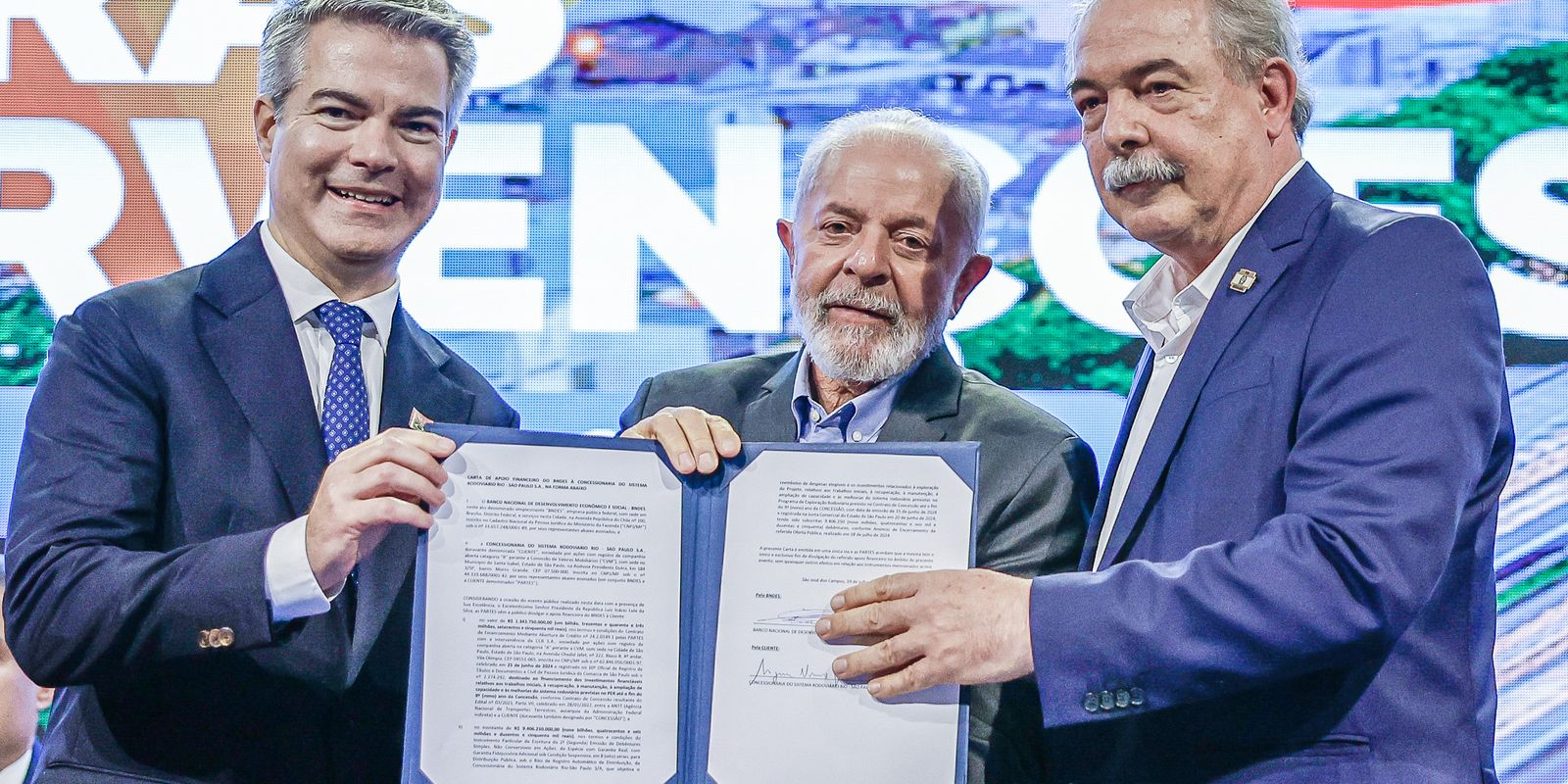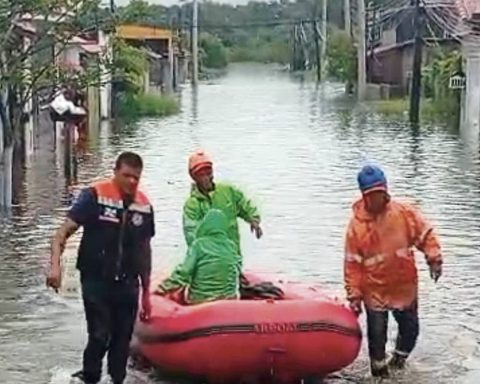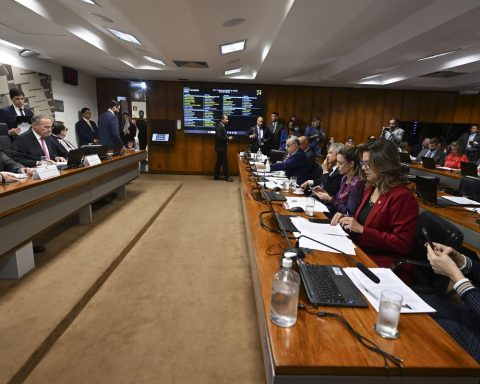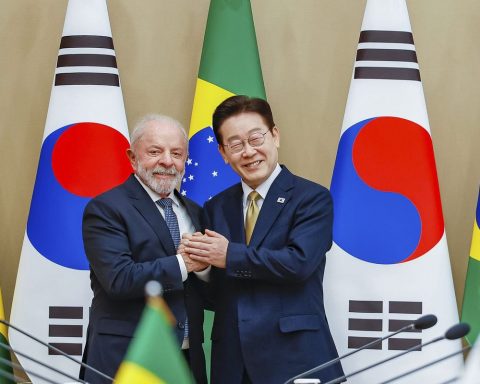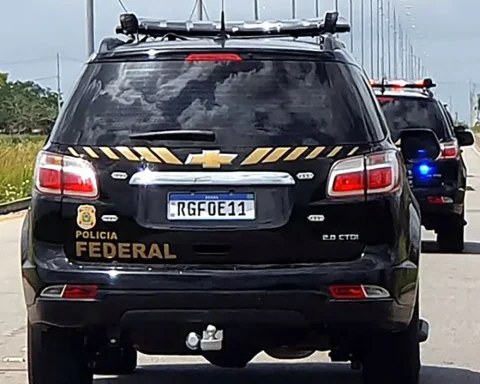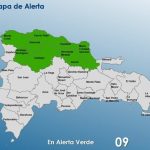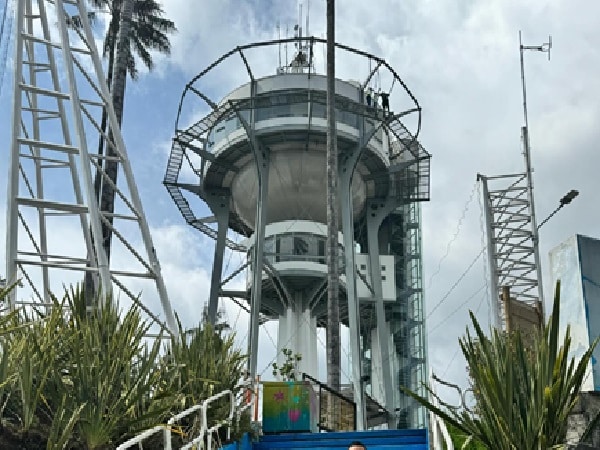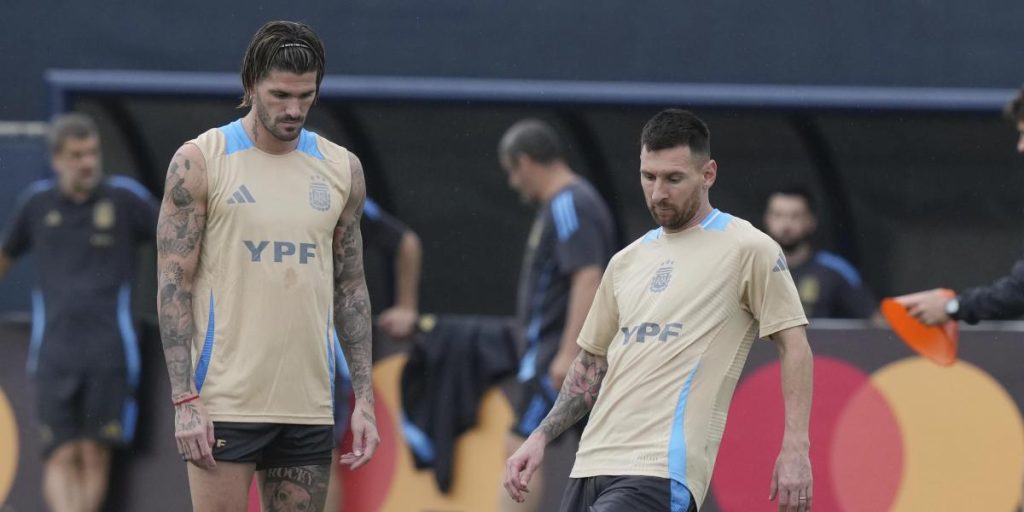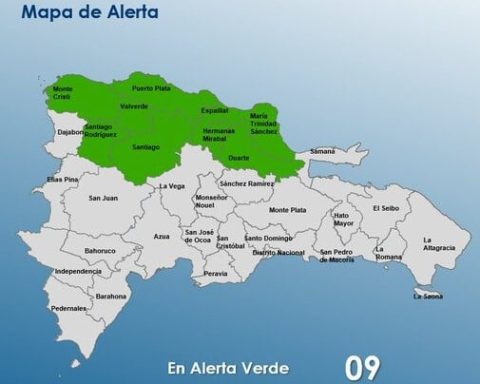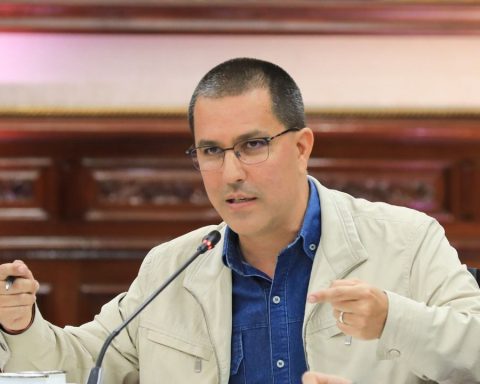President Luiz Inácio Lula da Silva announced this Friday (19) the release of credit from the National Bank for Economic and Social Development (BNDES), in the amount of R$10.75 billion, for works and interventions on the Dutra and Rio-Santos highways, both of which cross the states of São Paulo and Rio de Janeiro. The ceremony took place in the city of São José dos Campos, São Paulo.
In total, between contributions from the federal government, via BNDES, and from the private sector, through other banks, there will be R$15.5 billion in investments. Lula highlighted the collaboration between public and private institutions and the importance of the investments made by the concessionaire, the CCR Group, in the works.
“When I see Aloizio Mercadante here [presidente do BNDES)]Santander, Itaú and Bradesco joining forces to carry out the largest debenture process [títulos de crédito] that has already been done in this country, I can only imagine the miracle that I experienced in this country”, said the president, in a statement released by the Presidency of the Republic.
“When we see a company agree to make an investment, as CCR is doing in Dutra, we are forced to say that, less and less, who knows, we will need money from the public budget to carry out infrastructure works in the country and, much more, to gain trust”, added Lula, remembering that the region is the most industrialized in the country and that 50% of Brazil’s GDP (sum of wealth produced) passes through these highways.
The project includes new lanes in Serra das Araras and duplications on BR-101, in the Rio de Janeiro section, with the potential to generate 40 thousand jobs during the implementation of the improvement of the road network and more than 3 thousand positions after completion.
Financial support of R$10.75 billion was approved by BNDES for the Concessionária do Sistema Rio–São Paulo SA (CCR), the new operator of Via Dutra and Rio-Santos. The amount will be released over seven years, as investments are made.
The structure includes the largest issuance of incentivized debentures by BNDES in history, worth R$9.41 billion, which includes R$500 million in green debentures, associated with direct credit of R$1.34 billion. Incentivized debentures allow companies to raise funds in the market to finance infrastructure projects. Investors benefit from exemption or reduction of Income Tax on profits obtained.
The government presented data that indicate an increase in investments in infrastructure debentures in previous years: in 2022, there were R$820 million in the first half of the year and R$1.180 billion in the first half of last year.
Also according to the statement, the Minister of Finance, Fernando Haddad, recalled that this is the largest road investment in the country’s history and that the project will contribute to reducing carbon emissions by improving traffic flow, reducing the burning of diesel.
“This is a project that respects the environment, the vegetation, and the mountains. It will reduce carbon emissions because it will improve traffic flow, modernize toll plazas, and allow people to reach their destinations more quickly. The cargo it transports, which accounts for 40% of GDP, will flow more quickly and burn less diesel. It is a sustainable project from a financial, social, economic, and environmental standpoint. The government is taking care of these things,” said Haddad.
Improvements
The project consists of the operation, recovery, capacity expansion and improvements of the 625.8-kilometer (km) highway network, formed by the Presidente Dutra Highway (BR-116), the country’s main logistics corridor, in the 355.5-km stretch between São Paulo and Seropédica (Rio de Janeiro), and also by the Rio-Santos Highway (BR-101), in the 270.3-km stretch between Rio de Janeiro and Ubatuba (São Paulo). The project connects 34 municipalities, including the cities of Rio de Janeiro and São Paulo.
The investments foresee a 40% expansion in highway capacity, with the creation of 780 kilometers of new lanes. Highlights include the new ascent of Serra das Araras, with four lanes, and the re-adaptation of the current uphill lane to function as a downhill lane. These interventions will increase the maximum speed on the stretch to 80 km/h (kilometers per hour), with the expectation of reducing travel time by 25% on the ascent of the mountain and by 50% on the descent.
The project also includes the duplication of 80 kilometers on BR-101, between Mangaratiba and Angra dos Reis, in Rio de Janeiro, and the adoption of the freeflow (automated toll collection without passing through a booth or barrier) in the metropolitan region of São Paulo and the implementation of 602 kilometers of additional lanes.
The highway concession auction took place in October 2021, with the CCR Group winning, and the new concession began in March 2022, lasting 30 years. The BR-116 section was operated by CCR for 25 years (formerly Concessionária Nova Dutra), between 1996 and 2021.
